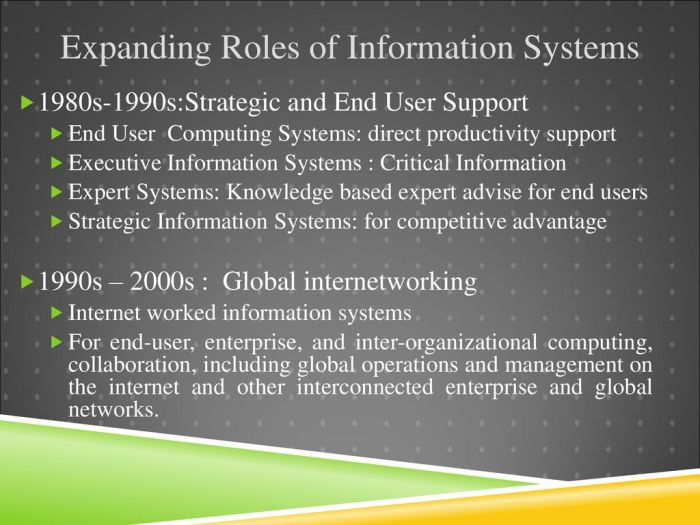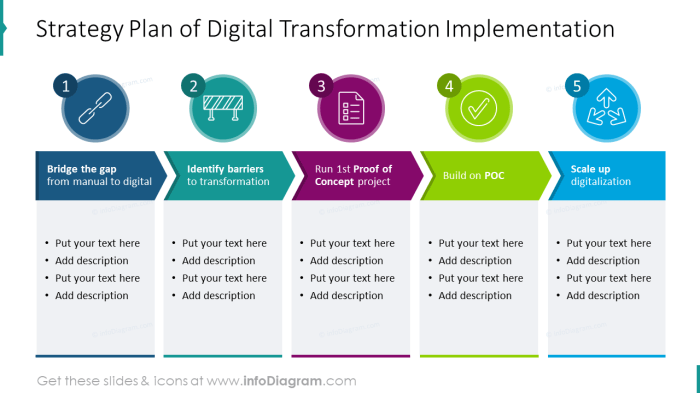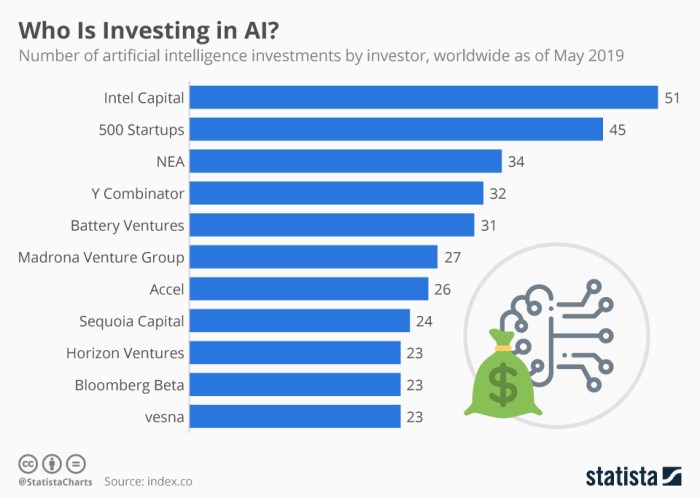Why Information Systems Experts Are in Demand Worldwide: A Comprehensive Analysis
Delving into the reasons behind the global demand for information systems experts unveils a dynamic landscape shaped by evolving technologies and market trends. From specialized skills to diverse career opportunities, the field continues to attract attention worldwide.
As we explore the various facets of this topic, a deeper understanding of the significance and implications of this demand emerges, shedding light on the future prospects for professionals in this ever-evolving field.
Reasons for High Demand
Information systems experts are in high demand worldwide due to their specialized skills and expertise in managing and optimizing technology systems. These professionals possess a unique blend of technical knowledge, problem-solving abilities, and critical thinking skills that are essential in today's digital age.
Industry Demand
In industries such as healthcare, finance, cybersecurity, and e-commerce, information systems experts are particularly sought after. Healthcare organizations rely on these professionals to manage electronic health records and ensure data security compliance. Financial institutions need information systems experts to develop and maintain secure online banking platforms.
Cybersecurity firms require their expertise to protect sensitive information from cyber threats. E-commerce companies depend on these professionals to optimize their online platforms for seamless customer experiences.
Role of Technology Advancements
The rapid advancements in technology, such as artificial intelligence, cloud computing, and big data analytics, have significantly increased the demand for information systems experts. These professionals are needed to implement and leverage new technologies to improve organizational efficiency, decision-making processes, and competitive advantage.
As businesses continue to digitize their operations, the need for skilled information systems experts will only continue to grow.
Global Market Trends
The field of information systems is experiencing rapid growth on a global scale, driven by the increasing reliance on technology in various industries and sectors. This growth has led to a high demand for information systems experts who possess the necessary skills and expertise to navigate the digital landscape effectively.
Growth of Information Systems Field Worldwide
- In 2021, the global information technology industry was valued at $5.2 trillion, with a projected growth rate of 3.7% annually.
- By 2025, the global information systems market is expected to reach $8.3 trillion, indicating a significant expansion in the industry.
- Emerging technologies such as artificial intelligence, cloud computing, and cybersecurity are driving the growth of the information systems field worldwide.
Impact of Globalization on Demand for Information Systems Experts
- Globalization has led to increased connectivity and interdependence among countries, creating a need for information systems experts who can facilitate seamless communication and collaboration across borders.
- Companies operating on a global scale require information systems professionals to develop and maintain systems that can support their international operations efficiently.
- The demand for information systems experts with cross-cultural communication skills and knowledge of international regulations has surged in response to the globalization trend.
Demand for Information Systems Professionals in Different Regions
- In North America, the demand for information systems experts is particularly high, with technology hubs like Silicon Valley attracting top talent from around the world.
- In Europe, countries like the United Kingdom, Germany, and France have seen an increase in demand for information systems professionals due to the digital transformation of various industries.
- In Asia-Pacific, emerging economies like China and India are driving the growth of the information systems field, creating opportunities for skilled professionals in the region.
Career Opportunities

In the field of information systems, professionals have a wide range of career opportunities available to them. These opportunities can lead to diverse roles and positions in various industries, making it a dynamic and in-demand field for individuals looking to build a successful career.
Types of Roles and Positions
- Systems Analyst: Responsible for analyzing and designing information systems to meet the needs of an organization.
- IT Project Manager: Oversees the planning, execution, and delivery of IT projects within budget and timeline constraints.
- Database Administrator: Manages and maintains databases to ensure data security and accessibility.
- Network Architect: Designs and implements communication networks, ensuring connectivity and security.
- Cybersecurity Specialist: Focuses on protecting systems, networks, and data from cyber threats and attacks.
Career Advancement and Specialization
Information systems experts have the potential for significant career advancement and specialization within the field. Professionals can choose to specialize in areas such as cybersecurity, data analytics, cloud computing, or artificial intelligence, depending on their interests and career goals. With experience and additional certifications, individuals can advance to higher-level positions such as Chief Information Officer (CIO) or IT Director, leading to increased responsibilities and salary opportunities.
Educational Requirements
In the field of information systems, having the right educational qualifications is crucial for a successful career. Employers typically look for candidates with a solid educational background to meet the demands of this rapidly evolving industry.
Degree Programs
- A bachelor's degree in computer science, information technology, or a related field is often the minimum requirement for entry-level positions in information systems.
- For more advanced roles or specialized positions, a master's degree in information systems, computer science, or a related field may be preferred.
- Ph.D. programs are also available for those interested in research or academia within the field of information systems.
Certifications
- Obtaining certifications such as Certified Information Systems Auditor (CISA), Certified Information Systems Security Professional (CISSP), or Project Management Professional (PMP) can enhance your credentials and demonstrate expertise in specific areas within information systems.
- Certifications from technology vendors like Cisco, Microsoft, or Oracle are also valuable for gaining specialized knowledge and skills.
Specialized Training Programs
- Short-term training programs, workshops, or bootcamps focused on specific technologies or tools can provide hands-on experience and practical skills that are highly relevant in the field.
- Online courses and MOOCs (Massive Open Online Courses) offer flexible options for continuous learning and skill development, allowing professionals to stay updated with the latest trends and advancements in information systems.
Conclusive Thoughts

In conclusion, the demand for information systems experts is not just a current trend but a reflection of the critical role they play in driving technological innovation and business growth on a global scale. As industries adapt to digital transformation, the need for skilled professionals in this field will only continue to rise, offering exciting opportunities for those looking to make an impact in the digital age.
Q&A
What specific skills do information systems experts possess?
Information systems experts typically have skills in data analysis, programming, cybersecurity, and systems design.
Which industries are particularly seeking information systems experts?
Industries such as healthcare, finance, and technology are known for actively seeking information systems experts due to their critical role in managing data and technology infrastructure.
What are the educational requirements for a career in information systems?
Typically, a bachelor's degree in information systems, computer science, or a related field is required. Additionally, certifications and specialized training programs can enhance job prospects.
How does globalization impact the demand for information systems experts?
Globalization has led to increased interconnectedness, driving the need for information systems experts to manage and optimize global technology systems and networks.




